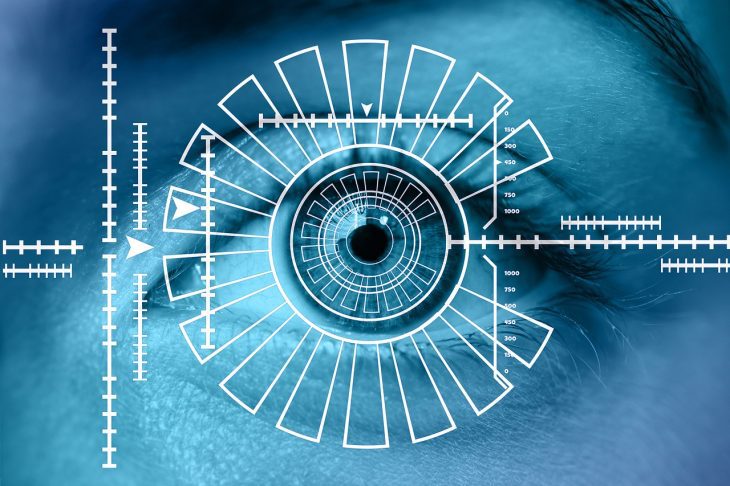It appears every organization interested in using facial recognition has a problem with Portland’s yet-to-be-released ban on the technology for both public and private settings. In particular the International Biometrics + Identity Association (IBIA) claims the current definition is unsupported by science or by experts. Here’s an excerpt from a BiometricUpdate.com article on the topic:
“ ‘Face Recognition Technology means an automated or semi-automated process that assists in identifying, verifying, detecting or characterizing facial features of an individual or capturing information about an individual based on an individual’s face,’ one of the ordinances reads.
IBIA provides more than a dozen points on how to correctly interpret the NIST test, saying Portland City Council appears to have ignored key takeaways from the report, while declining to reveal sources for its claims of routine bias in the technology. The finding that 30 different algorithms tested by NIST return less than three false non-matches per thousand queries is pointed out, and uses the example of fingerprint recognition accuracy for Asian women improving dramatically with increased scientific knowledge to support the claim that performance variations do not indicate the introduction of bias into algorithms.
Importantly, IBIA states, automated facial recognition is more accurate and less biased than the people it replaces, and also enables processes people are not capable of, such as identifying missing children who cannot say their names. The technology has also proven essential to law enforcement and public safety, which will be negatively affected by banning it, IBIA writes.
As in previous comments on proposed legislation, IBIA emphasizes the difference between facial recognition and surveillance, which are differentiated as a passive activity in the former case, and an active one in the latter.”
While clearly facial recognition can, and has, been abused, it appears Portland’s definition was a simple blanket condemnation that failed to recognize the beneficial applications of the technology.
Overview by Tim Sloane, VP, Payments Innovation at Mercator Advisory Group
